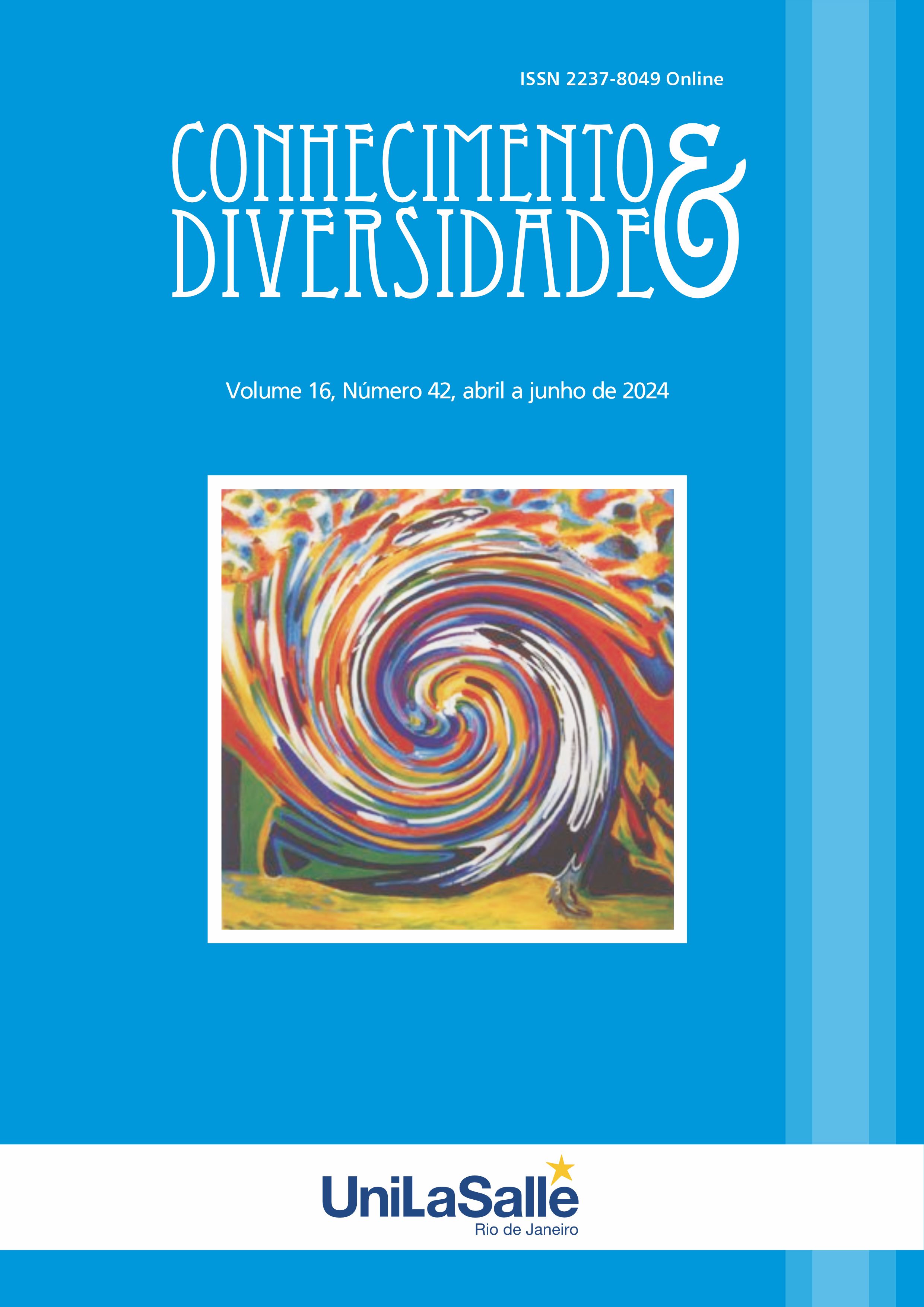THE IMPACT OF TECHNOLOGY ON EDUCATION AND THE DEVELOPMENT OF EDUCATIONAL METHODS
DOI:
https://doi.org/10.18316/rcd.v16i42.11709Keywords:
Self Directed Learning, Education, Work Engagement, Academic PerformanceAbstract
The surge in Internet-connected mobile devices and media availability has heightened students' fascination with technology. This has prompted considerable attention from the research community toward understanding the correlation between media/technology usage and academic performance, along with metrics such as student engagement and self-initiated learning. Improving students' self-regulation abilities is preferable to prohibiting or restricting technology use if lack of self-control and technology-enabled multitasking behavior are indicators of academic achievement. Additionally, a specific sort of media and technology has been the focus of the majority of studies in literature. The precise influence of diverse media types on academic success remains ambiguous, necessitating further investigation into the impact of various media consumption and technological practices on academic achievement. This quantitative research endeavors to scrutinize the correlation between academic success and the utilization of media and technology among university students. Additionally, it seeks to delve into the association between student engagement, self-directed learning, and their consequential impact.
References
ARAÚJO, A. C. D., KNIJNIK, J., & OVENS, A. P. How does physical education and health respond to the growing influence in media and digital technologies? An analysis of curriculum in Brazil, Australia and New Zealand. Journal of Curriculum Studies, 53(4), 563-577, 2021.
BILETSKA, I. O., PALADIEVA, A. F., AVCHINNIKOVA, H. D., & KAZAK, Y. Y. The use of modern technologies by foreign language teachers: developing digital skills. Linguistics and Culture Review, 5(S2), 16-27, 2021.
BILOTTA, E., BERTACCHINI, F., GABRIELE, L., GIGLIO, S., PANTANO, P. S., & ROMITA, T. Industry 4.0 technologies in tourism education: Nurturing students to think with technology. Journal of Hospitality, Leisure, Sport & Tourism Education, 29, 100275, 2021.
BÜYÜKBAYKAL, C.I. Communication technologies and education in the information age, Procedia-Social and Behavioral Sciences 174, 636–640, 2015.
CAMILLERI, M. A., & CAMILLERI, A. C. The acceptance of learning management systems and video conferencing technologies : Lessons learned from COVID-19. Technology, Knowledge and Learning, 27(4), 1311-1333, 2022.
CAVAS, B., CAVAS, P., KARAOGLAN, B., & KISLA, T. A Study on Science Teachers' Attitudes Toward Information and Communications Technologies in Education. Online Submission, 8(2), 2009.
DREIMANE, S., & UPENIEKS, R. Intersection of serious games and learning motivation for medical education: A literature review. International Journal of Smart Education and Urban Society (IJSEUS), 11(3), 42-51, 2020.
DUDAR, V. L., RIZNYK, V. V., KOTSUR, V. V., PECHENIZKA, S. S., & KOVTUN, O. A. Use of modern technologies and digital tools in the context of distance and mixed learning. Linguistics and Culture Review, 5(S2), 733-750, 2021.
GURUNATH, R., & SAMANTA, D. A novel approach for semantic web application in online education based on steganography. International Journal of Web-Based Learning and Teaching Technologies (IJWLTT), 17(4), 1-13, 2022.
JAVAID, M., HALEEM, A., VAISHYA, R., BAHL, S., SUMAN, R., & VAISH, A. Industry 4.0 technologies and their applications in fighting COVID-19 pandemic. Diabetes & Metabolic Syndrome: Clinical Research & Reviews, 14(4), 419-422, 2020.
KOSARETSKY, S., ZAIR-BEK, S., KERSHA, Y., & ZVYAGINTSEV, R. General education in Russia during COVID-19: Readiness, policy response, and lessons learned. Primary and secondary education during Covid-19: Disruptions to educational opportunity during a pandemic, 227-261, 2022.
KOSTOPOULOS, G., & KOTSIANTIS, S. Exploiting semi-supervised learning in the education field: A critical survey. Advances in Machine Learning/Deep Learning-based Technologies: Selected Papers in Honour of Professor Nikolaos G. Bourbakis–Vol. 2, 79-94, 2022.
NKOMO, L. M., DANIEL, B. K., & BUTSON, R. J. Synthesis of student engagement with digital technologies: a systematic review of the literature. International Journal of Educational Technology in Higher Education, 18, 1-26, 2021.
SEALE, J., COLWELL, C., COUGHLAN, T., HEIMAN, T., KASPI-TSAHOR, D., & OLENIK-SHEMESH, D. ‘Dreaming in colour’: disabled higher education students’ perspectives on improving design practices that would enable them to benefit from their use of technologies. Education and Information Technologies, 26, 1687-1719, 2021.
VAKALIUK, T. A., SPIRIN, O. M., LOBANCHYKOVA, N. M., MARTSEVA, L. A., NOVITSKA, I. V., & KONTSEDAILO, V. V. Features of distance learning of cloud technologies for the organization educational process in quarantine. In Journal of physics: Conference series (Vol. 1840, No. 1, p. 012051). IOP Publishing, 2021.
Downloads
Published
Issue
Section
License
Copyright (c) 2024 Zahraa Hashim, Fatma Köprülü

This work is licensed under a Creative Commons Attribution 4.0 International License.
As recommended by the Public Knowledge Project, RCD adopts for its articles a CREATIVE COMMONS Attribution CC BY 4.0 license.
This license allows others to distribute, remix, adapt and build upon your work, even commercially, as long as they credit you for the original creation.
This is the most appropriate license offered.
Recommended for maximum dissemination and use of licensed materials.



